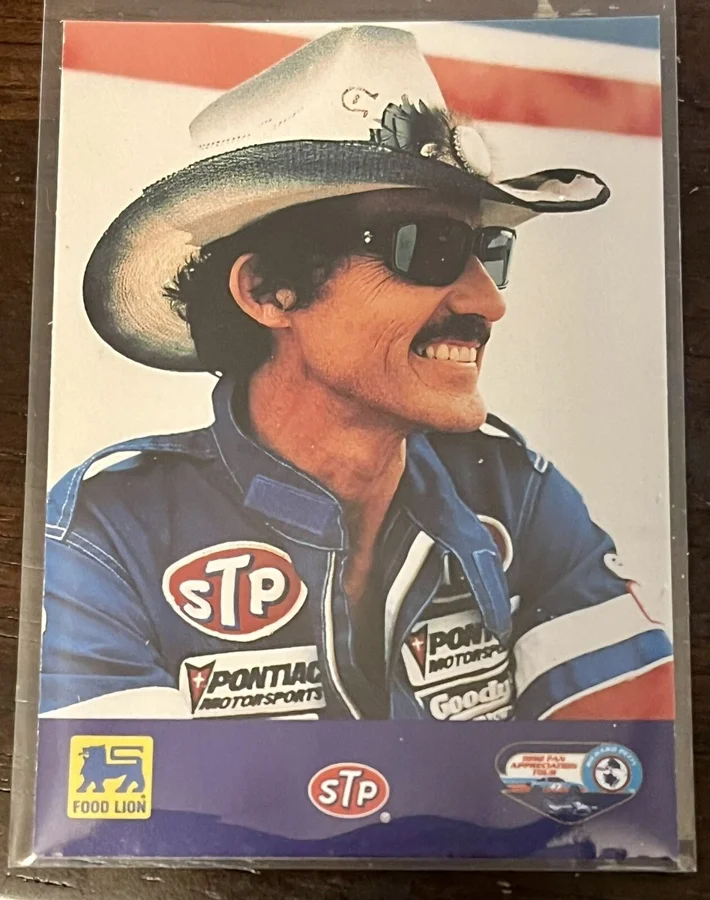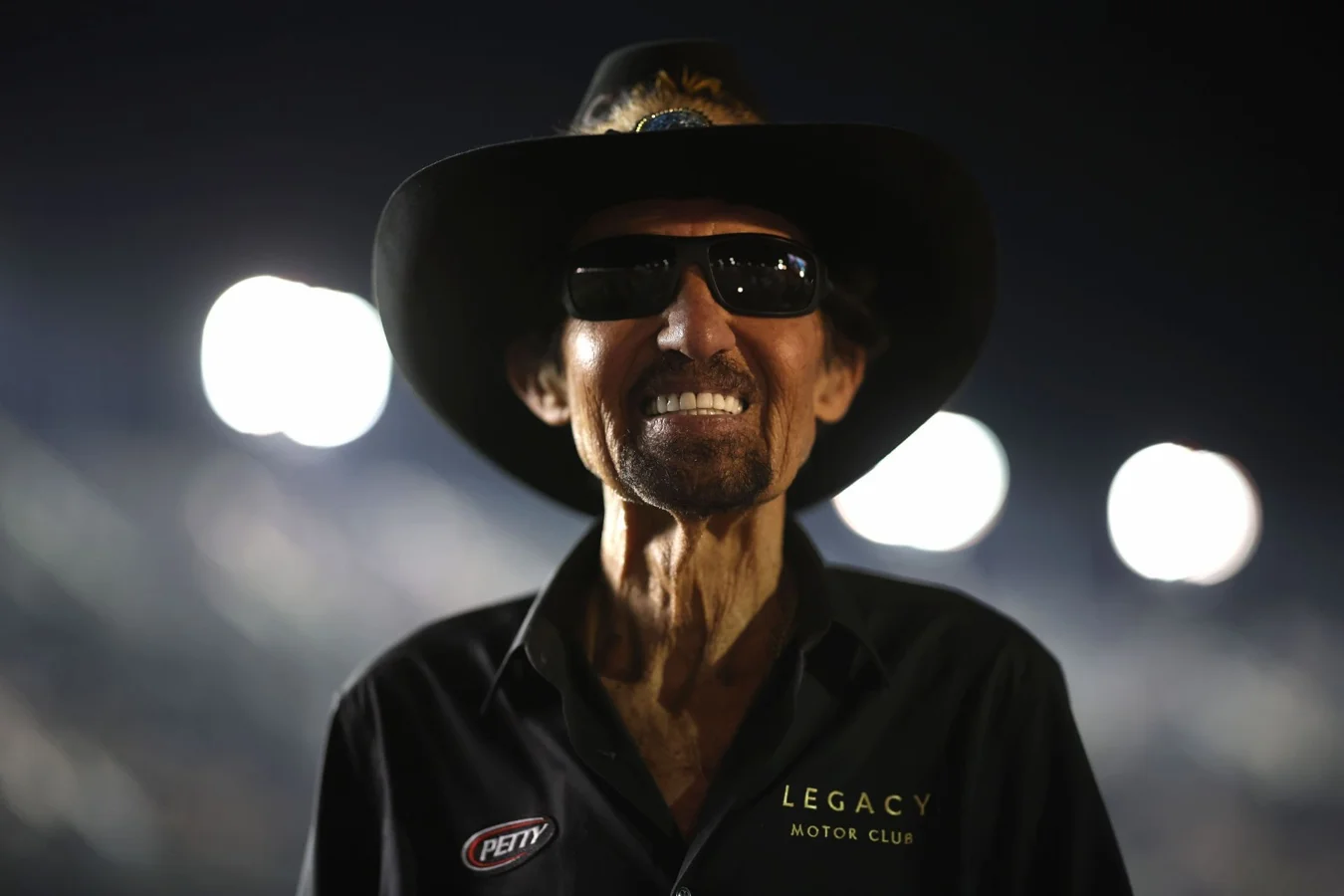Richard Petty on NASCAR NextGen struggles has taken center stage as the legendary driver expressed ongoing concerns about the Generation 7 car since its debut in 2022. The NASCAR Hall of Famer addressed the vehicle’s complexity and lack of a consensus solution, emphasizing that drivers and manufacturers are still wrestling with the car’s challenging characteristics.
The introduction of the NextGen car to the NASCAR Cup Series was intended to modernize the sport by improving aerodynamics and downforce, presenting a leap over the previous Generation 6 model. With hopes of producing more competitive and entertaining races, the new car brought with it significant changes—but also, according to numerous drivers, a steep learning curve in terms of handling and setup.
Critiques Surrounding the NextGen Car’s Performance
Many drivers competing in the NASCAR Cup Series have found the NextGen vehicle difficult to master, describing the ride as unpredictable and the overall experience challenging. The Generation 7 model was designed with multiple upgrades, but its handling has been far from what teams expected, resulting in frequent criticism from seasoned members of the sport.
Richard Petty, known for not shying away from voicing his discontent with certain NASCAR innovations, has provided his own assessment of the current car’s limitations. On a recent episode of Petty Race Recap broadcasted via X, Petty candidly described the ongoing struggle to optimize the vehicle, highlighting the complexity in achieving a satisfactory balance.

“I don’t think there’s any one thing. It’s gonna be a combination of things. Whether they give ’em more horsepower, or whether they raise ’em up off the ground a little bit, or whether they take some of the aero deals away, or give it more, whatever it takes. There is a combination that will make the cars better, but right now I don’t think anybody’s got it figured out.”
—Richard Petty, NASCAR Hall of Famer
The current field sees three main Original Equipment Manufacturers vying for supremacy: chevrolet/”>Chevrolet represents the Camaro ZL1, ford/”>Ford brings the Mustang Dark Horse, and toyota/”>Toyota competes with the Camry TRD. Despite the diversity among these manufacturers, none have fully unlocked the ideal combination for the NextGen platform, perpetuating mixed results and ongoing adaptation.
Concerns About Maintaining a True Stock Car Feel
During a recent conversation with his son, Kyle Petty, Richard Petty further underscored his belief that the Generation 7 car diverges from the original spirit of NASCAR. The sport was founded on the concept of racing vehicles that closely resembled those found on public roads, a tradition Petty feels is being eroded.
“You hit a point. Ain’t nothing on this car looks like a stock car. So we could take these three chairs and set ’em on the interstate and wait for a car like that to come by, we ain’t gonna see it.”
—Richard Petty, NASCAR Hall of Famer
The contrast between the NextGen car’s design and the world of traditional stock cars has become a focal point of debate. For Petty, and many enthusiasts, retaining that connection to street-legal vehicles remains vital to NASCAR’s identity. The changes introduced with Generation 7, though well-intentioned, have led to a product on track that some argue no longer mirrors the cars fans relate to.
With a career that includes 200 Cup Series victories, seven championships, and over three decades of competition, Richard Petty’s voice continues to carry weight. As all parties involved, including OEMs like Chevrolet, Ford, and Toyota, seek answers, the sport remains in search of the elusive formula that will allow the NextGen car to live up to its promise while staying true to its heritage.
As teams continue their development and NASCAR weighs further adjustments, the insights and frustrations shared by icons like Petty highlight both the growing pains of technological change and the ongoing relevance of NASCAR history. The future of the NextGen era may depend on how well the series can reconcile innovation with tradition—an equation that, as yet, remains unsolved.
